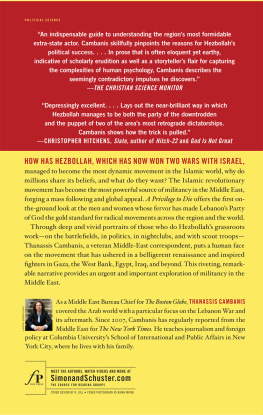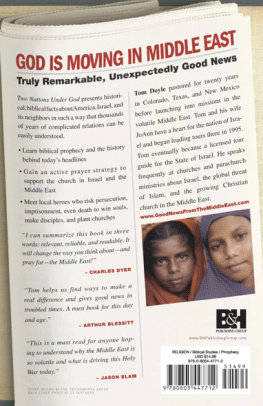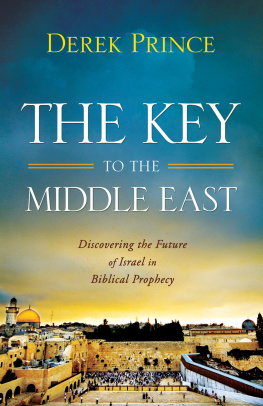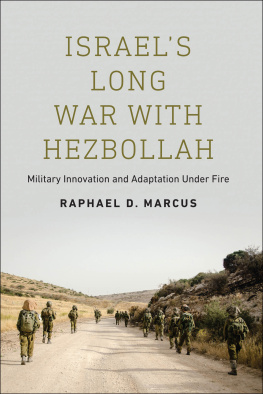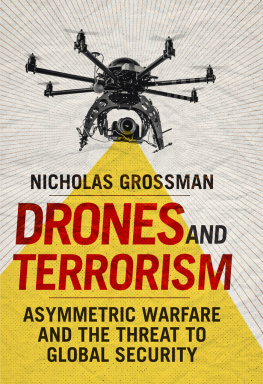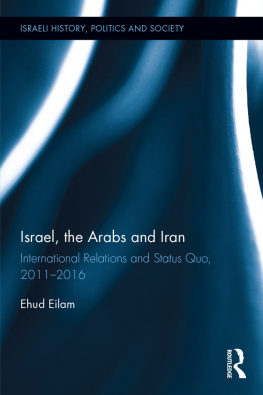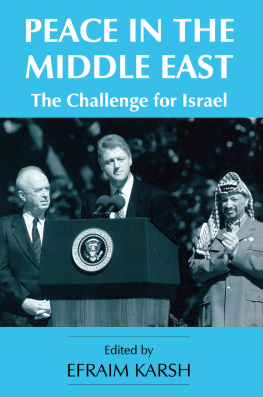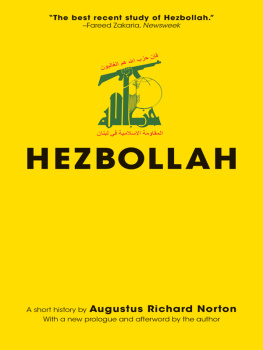Praise for A Privilege to Die
Where some writers talk about the Arab streets, Cambanis has walked them. Along the way he encountered warriors and hospital workers, polished intellectuals and women who sell nuts by the curb, ideologues and theologians, those who engage in small acts of resistance and those who prosecute total war of the most brutal sort. What becomes clear is that the key to Hezbollah is its ability to spread virtue along with the violence.
The Boston Globe
Cambanis intimate account of recent history, enhanced by stories of a handful of Hezbollahs true believers and sympathizers, paints a gripping portrait of this radical religio-political movement.
Foreign Affairs
Brilliant and revealing. It positively frightened me. Interviews in which you can touch the people, coupled with a scholars command of Islams history, allow Cambanis to explain what Islamic moderates and the rest of the world are up against. A serious story with emotional power.
Leslie H. Gelb, President Emeritus of the Council on Foreign Relations
Cambanis provides crucial insights to those who might hope to counter Hezbollahs increasing power and influence in the region, as well as an important reminder that in any war, ones enemies are human.
Publishers Weekly
Hezbollah is a formidable presence that cannot be ignored, and Cambaniss book, a well-balanced blend of journalism, history and geopolitical primer, is a significant aid to understanding it.
Kirkus Reviews
No global flashpoint today is more important than the Hezbollah-Israel conflict, and no book I know does a better job than A Privilege to Die in getting inside the thought-world of Hezbollahs followers. Nuanced, textured, and brutally honest, the book should be required reading for anyone who cares about war and peace in the Middle East.
Noah Feldman, author of Scorpions: The Battles and Triumphs of FDRs Great Supreme Court Justices and The Fall and Rise of the Islamic State
A revelation. Cambanis, one of the most talented foreign correspondents of his generation, has traveled far into the heart of Hezbollah, and what he has found there needs to be read about and studied by general readers and policymakers alike. His reporting is not only fearless but sophisticated and penetrating, providing us with a vibrant image and unprecedented understanding of this powerful and secretive Islamist force.
Matthew McAllester, Pulitzer Prizewinning author of Bittersweet: Lessons from my Mothers Kitchen and Blinded by the Sunlight: Surviving Abu Ghraib and Saddams Iraq
A gripping, street-level view of Hezbollah. Cambanis brings Hezbollah out of the shadows to show how it has become the worlds most sophisticated resistance group.
Richard Engel, Chief Foreign Correspondent, NBC News, author of War Journal
Illuminating and terrifying. Thanassis Cambanis journeyed to the heartland of the most important, least understood armed actor in the Middle East. The souls he met along the way are rendered with compassion but not spared the same unflinching lens that Cambanis turns on his own biases.
Quil Lawrence, Kabul Bureau Chief, National Public Radio, author of Invisible Nation: How the Kurds Quest for Statehood Is Shaping Iraq and the Middle East
Cambanis combines extraordinary reportage with sharp analysis and a clear voice to explore the many sides of Hezbollah. A series of highly evocative portraits of the people who make up the core supporters of Hezbollah makes A Privilege to Die a must read for anyone who seeks a better understanding of the region and its people.
Farnaz Fassihi, The Wall Street Journal, author of Waiting for an Ordinary Day: The Unraveling of Life in Iraq

A Division of Simon & Schuster, Inc.
1230 Avenue of the Americas
New York, NY 10020
www.SimonandSchuster.com
Copyright 2010 by Thanassis Cambanis
All rights reserved, including the right to reproduce this book or portions thereof in any form whatsoever. For information address Free Press Subsidiary Rights Department, 1230 Avenue of the Americas, New York, NY 10020
First Free Press trade paperback edition July 2011
FREE PRESS and colophon are trademarks of Simon & Schuster, Inc.
The Simon & Schuster Speakers Bureau can bring authors to your live event. For more information or to book an event contact the Simon & Schuster Speakers Bureau at 1-866-248-3049 or visit our website at www.simonspeakers.com.
Designed by Carla Jayne Jones
Map by Paul J. Pugliese
Manufactured in the United States of America
10 9 8 7 6 5 4 3 2 1
Library of Congress Cataloging-in-Publication Data
Cambanis, Thanassis.
A privilege to die : inside Hezbollahs legions and their endless war against Israel / Thanassis Cambanis.
p. cm.
1. IsraelMilitary relationsLebanon. 2. LebanonMilitary relationsIsrael. 3. Hizballah (Lebanon). 4. Lebanon War, 2006. I. Title.
DS119.8.L4C36 2010
956.054dc22
2010001528
ISBN 978-1-4391-4360-5
ISBN 978-1-4391-4361-2 (pbk)
ISBN 978-1-4391-5006-1 (ebook)
For my father, Stamatis, who made me a good detective;
Anne, who gave me wings;
and Odysseas, who made everything new .
CONTENTS
It would be a privilege to die for Sayyed Hassan [Nasrallah] .
We are happy to sacrifice our homes if he asks us to .
ASSEM HARB, Sunday, July 16, 2006, after driving his family to safety in Beirut from his heavily bombed border village in South Lebanon

PROLOGUE
I n the waning days of Israels 2006 war with Lebanon, I was reporting from the front lines trying to understand the motives of Hezbollahs fighters and loyalists. At the beginning of August, Israel warned that it would consider any car south of the Litani River a military target. I abandoned the free-fire zone of South Lebanon for the relative safety of Beirut. At a slight remove from the rocket whistles and bomb thudsIsraeli bombardment still shook the Lebanese capital several times a daythe big questions raised by the conflagration came into focus. Israel and Hezbollah had fought many times before. But Hezbollah had now advanced a new idea whose destabilizing implications would persist long after this current conflict. Hezbollah had put back into popular currency a notion that had lain in tatters since 1967: that Arab forces could do more than terrorize or harass Israelthey could defeat and destroy it. In August 2006, even as much of Lebanon lay in ruins, no one could stop talking about Hezbollahs ascendance: refugees and their hosts, politicians and their constituents, government officials, party activists, and Western diplomats.
Hezbollahs conviction terrified some and galvanized others, but it had transformed the debate in the Middle East. Now, in 2006, the Party of God thought it could prove its position on the battlefield, provoking a war with Israel and promising to weather the storm. The war unleashed a torrent of street-level support for Hezbollah across the region that surprised Arab moderates and extremists alike. In Beirut in August 2006, even as the battle unfolded another struggle already was taking shape over the meaning of the war, a narrative with high stakes: who had won and why, who was a traitor and who honorable, and would the Arabs ever give up fighting Israel? Who knew the route to victory? The Axis of Accommodation, the compromise-seeking governments and movements that wished to avoid war? Or the Axis of Islamic Resistance, which believed the only principled stance was a fight for total victory? Much pivoted on the outcome of the 2006 war. The front of bellicose Islamism finally had a test for its confrontational approach. Its failure would strengthen forces of pragmatic realism across the Middle East; its success would embolden religious maximalists.
Next page
